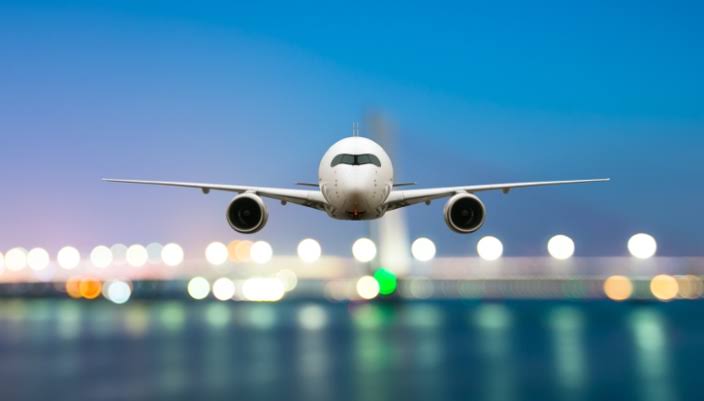
The travellers of the current age are digitally connected, and subsequently, they seek travel information, products and services from diverse digital sources. It is why many airlines have their native application to help the travellers, most often with onboard entertainment and boarding passes. However, the problem with such limited functionalities in a mobile app is that the traveller often deletes the app when they land at their destination. Consequently, the airlines must ensure more value to their customers through their apps, and a mobile-first approach is required for the same. Here is why airlines need a mobile-first approach.
1. Improves Customer Communication
An airline’s mobile app can serve as an effective means of communication between the airline and the customers. It can use the app to send real-time updates about the flight status to the traveller, along with additional information like weather conditions. For example, through its app, United Airlines provides customers quick access to all the critical details for every step in the journey to ensure constant communication.
Also, after the flight, the airlines can use the app to help travellers find good deals for ground transportation. Furthermore, it can use the mobile app to send push notifications to travellers regarding sales based on their interests. Such push notifications provide customers with actionable insights and can help increase the airline’s revenue.
2. Digestible Content
When browsing a website on a desktop, the reader tends to skim information. A mobile app can compress the same content and present it in bite-size, making it easy to digest. It ensures that the customers read the content, improving customer engagement with the airline brand. Additionally, it provides easy access to all the key information.
For instance, there is a difference between the desktop and mobile websites of Skywest Online. The desktop website offers a lot of information, but its mobile website only houses the necessary information that demands the website visitor’s attention.
3. Increases Conversion Rate
At present, the conversion rate of desktops is higher than that of mobile. However, surveys indicate that this gap is narrowing very quickly. It is already established that the number of people who access the internet through smartphones is far higher than that of desktops. Therefore, in the future, the conversion through smartphones will increase more than the desktop.
It will be wise if the airlines use the mobile-first approach to design their website and app to leverage this upcoming trend. While creating a website or app, placing all the CTA buttons in a thumb-friendly manner is recommended as it increases the conversion probability.
4. An Added Revenue Channel
The airlines can sell their tickets through numerous ways, like search engines and OTAs. However, the problem is that the airlines do not have the power to control these channels. Furthermore, they face limitations based on what the selling partner is offering. The same issue exists even when the airlines sell the tickets on their official website. It is because they get to sell the add-on services only in the booking path.
However, with a mobile app, the airlines can eliminate this limitation. Furthermore, a mobile app allows airlines to sell their products and services throughout the traveller’s journey.
5. Fewer Bugs
The mobile-first approach often requires the developer to deal with less code. On the other hand, the desktop website involves much more complex code. The fewer codes involved in designing a mobile app and website result in fewer bugs. Thus, it provides the users with a more seamless user experience.
6. Insightful Customer Data
Designing a robust mobile app can be highly beneficial for any airline as it helps it to collect much helpful information about the customers. When a customer is using a third-party website, the airline often does get the opportunity to lay its hands on the customers’ data. However, it is not the case when the customers use the native app of the airline.
Based on the data insights, the companies can then provide personalized offers and experiences to the users. Ultimately, it improves the user experience, which improves the revenue.
All the benefits attached to the mobile-first approach allow the airlines to provide travel personalization to their customers. Customization and personalization is the key in the travel industry to delight travellers. Also, when the customers are delighted, the airlines generate more revenue. Moreover, the mobile-first approach ensures personalization in real-time which can give a competitive advantage in the market.




